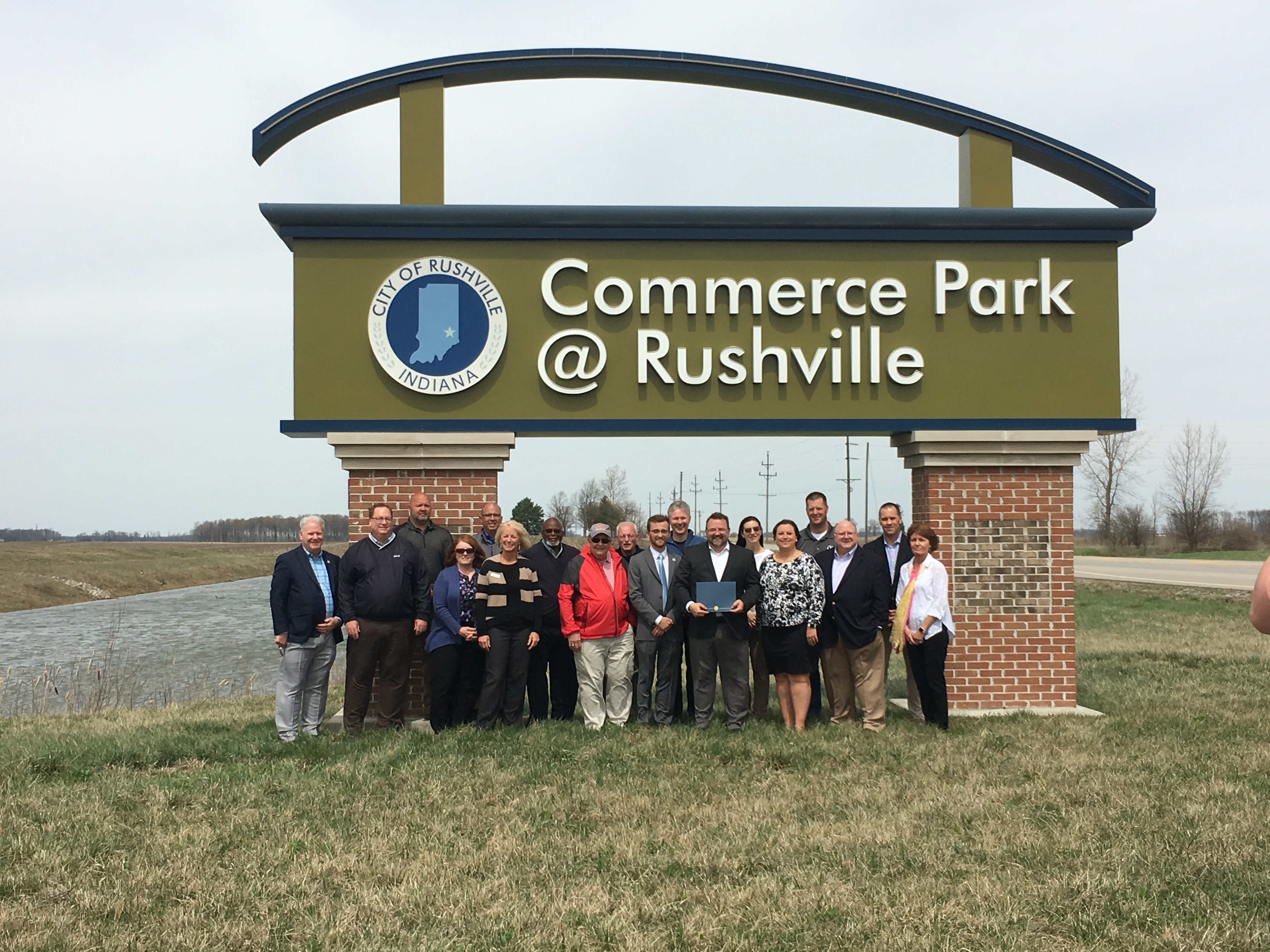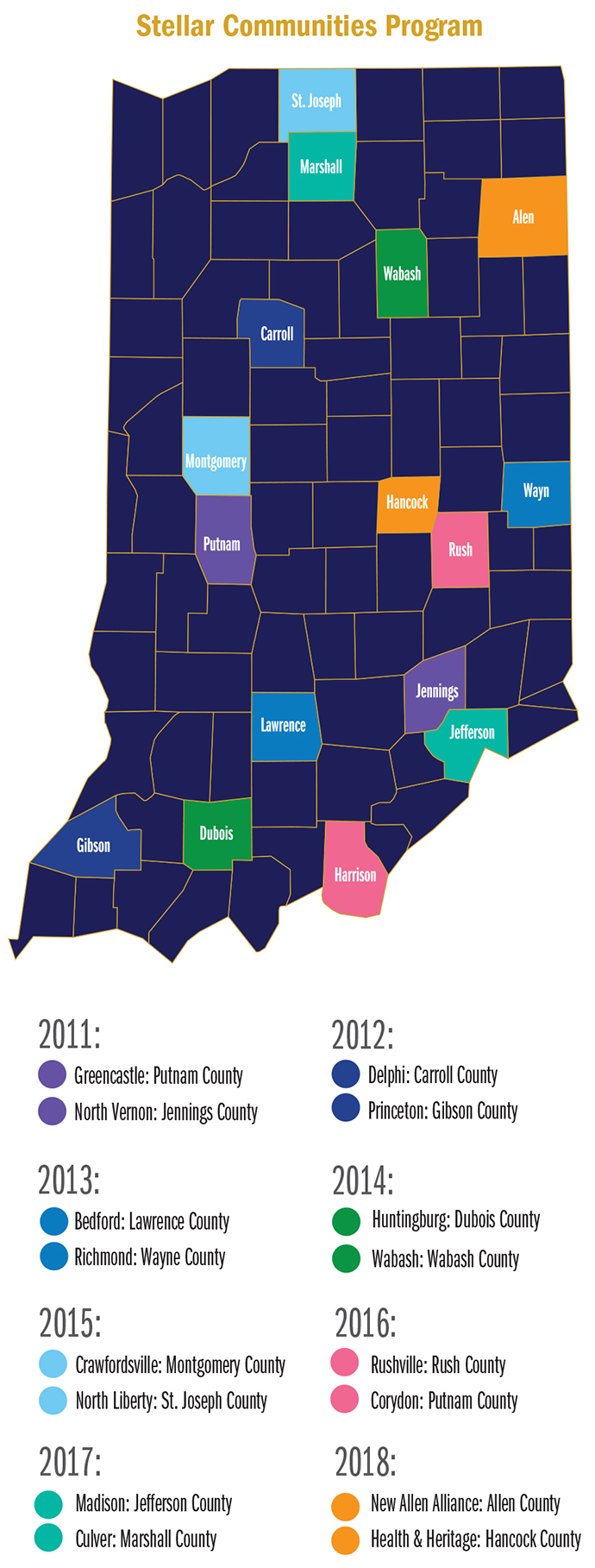Rushville utilizes Brownfield Grant for redevelopment, building cleanup
In 2015, the City of Rushville applied for and received a Brownfield Assessment Grant from the Environmental Protection Agency’s (EPA) Region 5 office in Chicago.
According to the EPA, these grants provide funding for brownfield inventories, planning, environmental assessments and community outreach.
“These are monies we put out on a competitive basis to primarily local governments,” Brownfields Coordinator with the EPA’s Region 5 office Matt Didier said. “They take that money and do the necessary environmental investigation at properties, which these grantees believe are good candidates for economic redevelopment, but concerns about possible environmental contamination are holding these projects back.”
The EPA gives out $60 million in Brownfield Grants annually. Didier said all investments must have big payoffs for the grantee community.
Approximately only one-third of all applicants receive a three-year Brownfield Grant.
“Just to get the grant Rushville had to do some good work,” Didier said. “They got some help from the Rush County Economic and Community Development Corporation (ECDC) in not only applying for the grant but also for its management.”
City officials used the grant for work and assessment at 10 sites in Rushville including the Durbin Campaign Quarters, Campaign Flats, Knights of Pythias Hall and other locations. The EPA’s investment into the Durbin Campaign Quarters was $61,205 and another $26,000 went toward the work force development training center in downtown Rushville.
“They’re going to go into the building to identify old hazardous materials that would have been in the building from previous uses,” Didier said. “So lead based paint, which was used in every building built before 1972. There’s often asbestos in these buildings because asbestos was used in things you wouldn’t even think about. Some of them may have had old heating oil tanks or there may have been a service station associated with them. These are the kind of concerns when a new purchaser is looking at a building, before they start, they want these kind of questions answered.”
Didier said Brownfield Grants help answer some of those lingering questions.
Once a city is awarded a grant, the EPA steps back and lets the grantee determine how and where to utilize the funds. However, the EPA does make sure the money is managed efficiently within the grant program’s regulations.
“They’ve been flexible and we’ve been thoughtful in the projects we’ve done,” Director of the Rush County ECDC John McCane said. “In a perfect world we use their funding to find out that everything’s fine. This takes away a lot of that mystery and there’s security of the property owner before you buy knowing you’ve covered your bases.”
Didier, McCane, and other EPA representatives recently toured local projects where Brownfield Grant funds were used. Didier said he appreciated the work the city has done.
“My opinion of what they’ve done here is great. We always like to see it when you can use our money to rehab buildings,” Didier said. “That’s one of the uses of our money that has the biggest payoff. When you’re rehabbing a building you’re bringing in a lot of money for the rehab work and then you’re going to have continued revenue and tax stream from whatever’s going into that building. We always love to see these kinds of projects.”
In addition to Indiana, the EPA’s Region 5 office oversees grant programs in Wisconsin, Minnesota, Michigan, Ohio and Illinois.
“Compared to where a lot of our grants go, Rushville is a small community. You wouldn’t immediately think a town of 6,200 has a lot of environmental problems that need to be dealt with before you can take on economic redevelopment,” Didier said. “Rushville has proved that really is not the case. For the amount of money Rushville has been able to obtain through the grant they’ve done just as much as any other grantee I’ve ever worked with. The ECDC had a really important part in the management and success of this grant program.”
—


